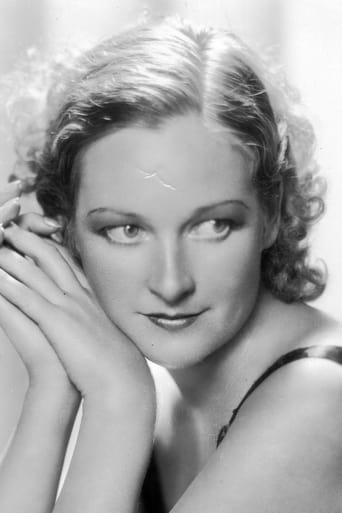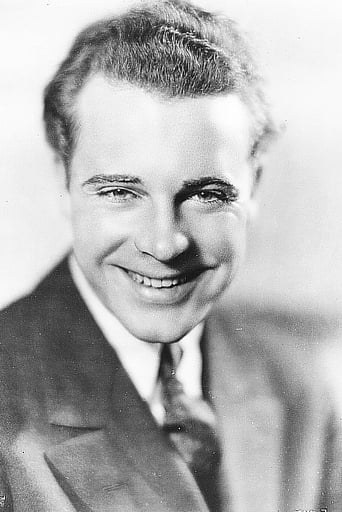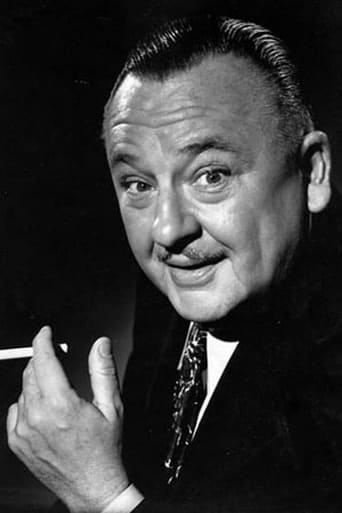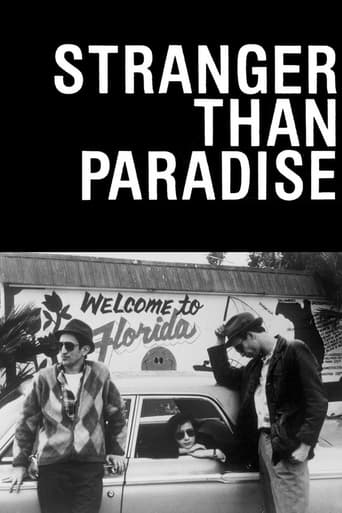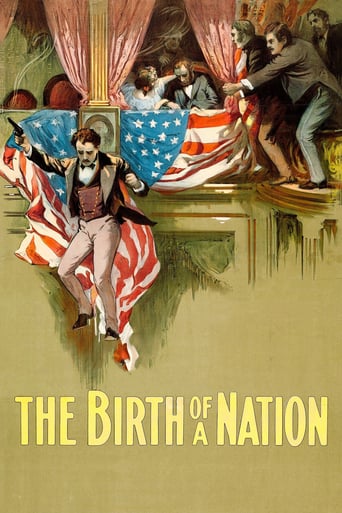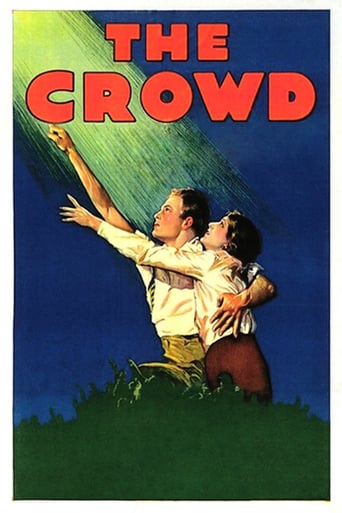
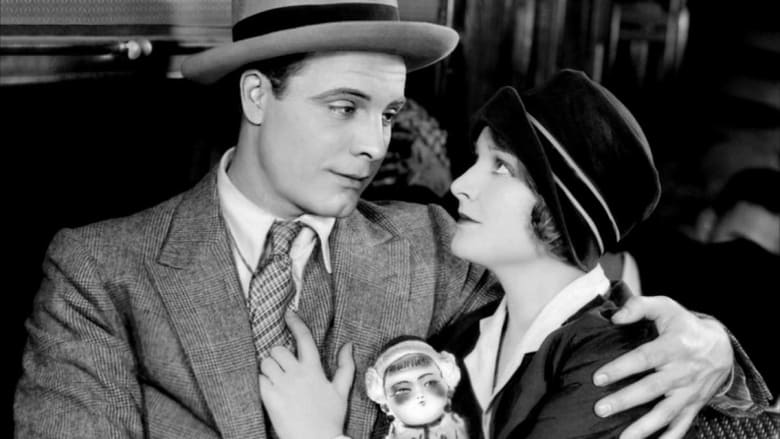
The Crowd (1928)
John, an ambitious but undisciplined New York City office worker, meets and marries Mary. They start a family, struggle to cope with marital stress, financial setbacks, and tragedy, all while lost amid the anonymous, pitiless throngs of the big city.
Watch Trailer
Cast


Similar titles
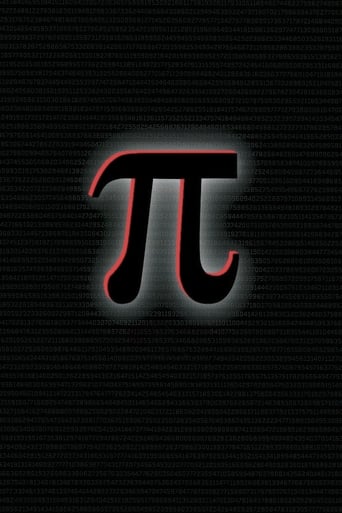
Reviews
King Vidor must have had good standing with the powers that be at MGM, because as a director in the studio era he seemed to get to pick and shape his assignments more than most directors of that time.King Vidor made this film to be an artistic achievement, even recruiting unknown actor James Murray - a member of "the crowd" you might say - to play the male lead, all with MGM approval. Murray plays John Sims, a representative everyman who all through life, up to the end of the film thinks he is going to beat "the crowd" and be somebody. He is born July 4, 1900 with his father saying "the world is going to hear from this boy". Unfortunately, John's dad dies when he is 12, and at 21 John heads to New York to make his success. He starts out at a desk amid hundreds of other desks doing simple mathematical clerical work for an insurance company - work that decades ago was replaced by computers. Unfortunately, John's career not only starts there, it ends there too, with only one 8 dollar raise in six years to show for it. What really stings is that John's playboy coworker Bert (Bert Roach) works his way up into management even though they both started work there at about the same time.In one of his rare pieces of luck John does meet a girl (Eleanor Boardman as Mary) that he loves and who loves him back for what he is, not what he says he'll be. When John finally does win some kind of recognition - he wins a 500 dollar prize for coming up with the name for a new cleanser - it ultimately becomes the instrument of destruction for his entire family and any drive he has left.The ending looks like it's a happy one - after John quits his job and can't make it at any other job he finds, almost losing Mary in the process, he finally resigns himself to accepting and keeping any job - one that he ridiculed when he first came to New York seven years before. The final scene has John and family enjoying a night of fun at the local vaudeville house in celebration of his new job, menial though it is, laughing with an auditorium full of people. What has really happened though is that John has finally surrendered his dream and is now happy being just one of the crowd - a bittersweet ending in my humble opinion.This film blends vintage scenes of old New York of the 20's with themes anyone can relate to today - the drive to succeed, the likelihood that most by definition will not, beauty being in the eye of the beholder, and trying to hold a family together after a tragic and sudden loss. I highly recommend this wonderful film.
The most remarkable thing about 'The Crowd (1928)' is that is manages to cover so much emotional ground. John (James Murray) is a young man who knew from an early age that he would become somebody special, that he would stand out from the crowd. At age 21, he travels to New York, the towering metropolis introduced via a montage of impressive high- angled shots that resemble Robert Florey's 'Skyscraper Symphony (1929).' John joins the accounting sector of a large insurance firm, and studiously assures himself that he need only work his way up. Years pass. John marries, has two children. It takes him five years to realise that he has become what he swore never to become: a member of The Crowd.Vidor's message is a double-edged sword. Early in the film, The Crowd is something to be loathed: the camera, in a virtuoso display of technical brilliance, swoops down upon a seemingly-endless room of seated accountants, each man turning pages in mechanical unison. (Billy Wilder later paid homage to this scene in 'The Apartment (1960)'). But when John finally determines to break free from The Crowd, his world falls apart around him – he can't maintain a job, his wife threatens to leave him, he loses his dignity. The film's ending is intriguing in its ambiguity: John is absorbed into the crowds of a laughing theatre audience.Is it a happy ending, an embracing of conformity? Is it ironic, an acknowledgment of mass delusion? Is Vidor integrating his character into the cinema audience? In 'The Bicycle Thief (1948),' a similar disappearance into the crowd is viewed as tragic, but here I'm not so sure. F.W. Murnau's 'The Last Laugh (1924)' told a similar tale, depicting the bleak prospects of a working-class doorman, played by Emil Jannings. UFA studio thwarted that film by enforcing a ludicrous happy ending that Murnau included only with a snide introductory title card. M-G-M also toyed with a happy ending to 'The Crowd,' but fortunately Vidor's version ultimately won out, a conclusion genuinely unsettling in its uncertainty, and sure to inspire discussion.
The Crowd, directed by King Vidor, is a real gem of a movie that kept me glued to the TV from start to finish, feeling joy and sorrow, as it covered the life of one American male from birth to middle age. The characters are universal and the movie gives as much pleasure now as it must have in 1928. I especially liked Eleanor Boardman as Johnny's devoted wife. Many of the events mirror the lives of people, not only then but now. I also found great appeal in how children are often key in life's pivotal moments. After viewing the movie, I remembered another silent movie,The Gold Rush with Charlie Chaplin, and how much I liked it. Maybe it's the nature of silent movies with the captioning that keeps us so involved. In any case, this is a great movie. If you have a chance,see it!
King Vidor has a knack for making stark melodrama seem real enough and this is even evident as early as THE CROWD, where his Depression-era hero (JAMES MURRAY) and his wife (ELEANOR BOARDMAN) struggle to make ends meet during the dark days of a marriage that begins with a sweet romance and almost ends in bitter despair.Murray and Boardman make all of their touching scenes very realistic. He was obviously a natural talent who was discovered by King Vidor for this film and made the most of a meaty role, running the gamut of emotions from joy to sorrow with effortless ease and a certain amount of charm. Boardman too is very effective as the wife who stands by her man even though she realizes he will never rise above "the crowd," the way he always promises he will.Ironically, in real life Murray couldn't handle his overnight success and a few years later was a skid row alcoholic whose life ended when his body was plucked from a river pier in Manhattan. His downward spiral is very similar to the character he plays in this film.While the story has plenty of depressing elements, Vidor's direction keeps it a compelling study of a strained marriage that starts to unravel upon the death of Murray's baby daughter. A highly emotional scene between father and son toward the end--just when the man is on the brink of suicide--is as touching and eloquent as any scene in the film. In some ways, the film mirrors the kind of performance actors in this type of role have to sustain over all the highs and lows--the way James Stewart did so effectively in IT'S A WONDERFUL LIFE. Murray's character is just as demanding and he plays it brilliantly.For a silent film, much of the acting is more restrained than usual, but Vidor does seem to heighten melodramatic moments for maximum effect, as he would later on in films like BEYOND THE FOREST and THE FOUNDTAINHEAD.


